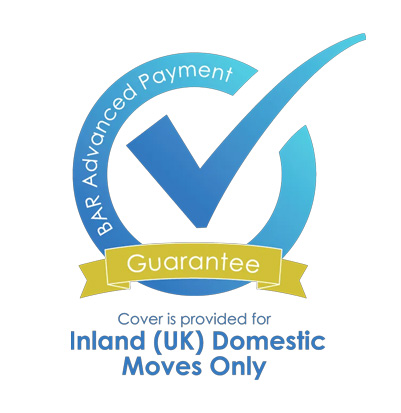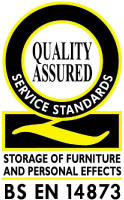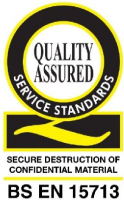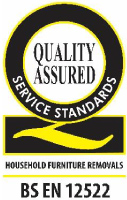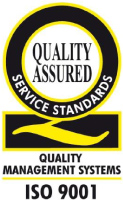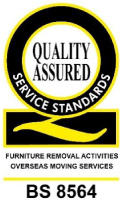Personal Finance in Italy
Bank accounts
The Italian banking sector is quite modest in comparison with the rest of Europe, as Italy is still a mainly cash economy, with people not taking out large loans or mortgages. Bank accounts can be opened in Italy by both residents and non-residents; however, the charges levied by the bank will differ.
Banks will also charge for things normally taken for granted in UK, such as statements (estratto conto), and internet banking. Opening hours are also different to UK, as they open early, take a long lunch and may not open at all in the afternoon, and then they surprise you by opening for an hour or two on Saturday or even Sunday.
Cheques
Cheques (assegni) are available from Italian banks, but few people accept personal cheques even with a guarantee card (carte di garanzia) and you’re unlikely to be able to use a cheque with businesses outside your local area, except perhaps utility companies. Cheques require endorsement on the back before they can be paid into an account.
Property taxes
EU citizens buying a first home in Italy pay only 3% tax as long as you take up residency within 18 months from the time of completion of the purchase, otherwise you will pay an additional 7% on all residential property. If you decide to sell within 5 years of buying you will be liable to pay capital gains tax, unless you purchase a new property and transfer your residency within 1 year.
Italian property tax (ICI, Imposta Comunale sugli Immobili) is paid annually, whether you are 100% resident or not in your property. This amounts to approx. 0.5% of the value of your property as defined by the land registry (catasto) valuation.
Annual income tax return
Italian income tax has traditionally been among the highest in the EU, on the other hand, tax allowances are more generous than in some other countries. Italy operates a ‘double-taxation’ scheme in agreement with other EU countries, so if you’re able to choose the country where you’re taxed, you should obtain advice from an international tax expert.
The tax year is the same as the calendar year, and all residents should file an annual tax return. Married couples may file a joint tax return, but they will be taxed separately.




